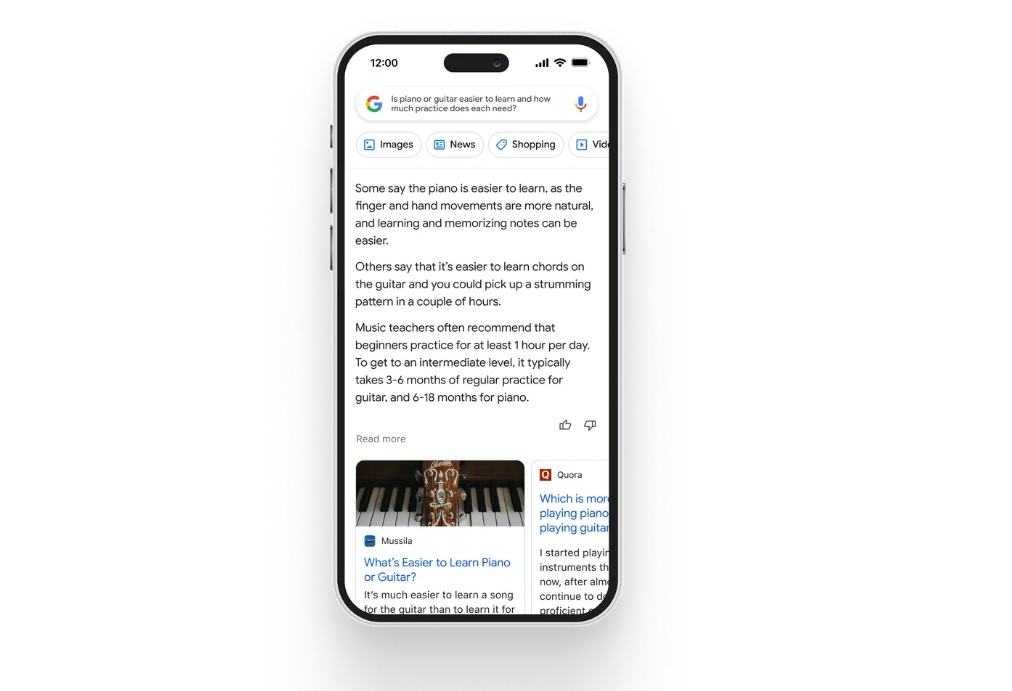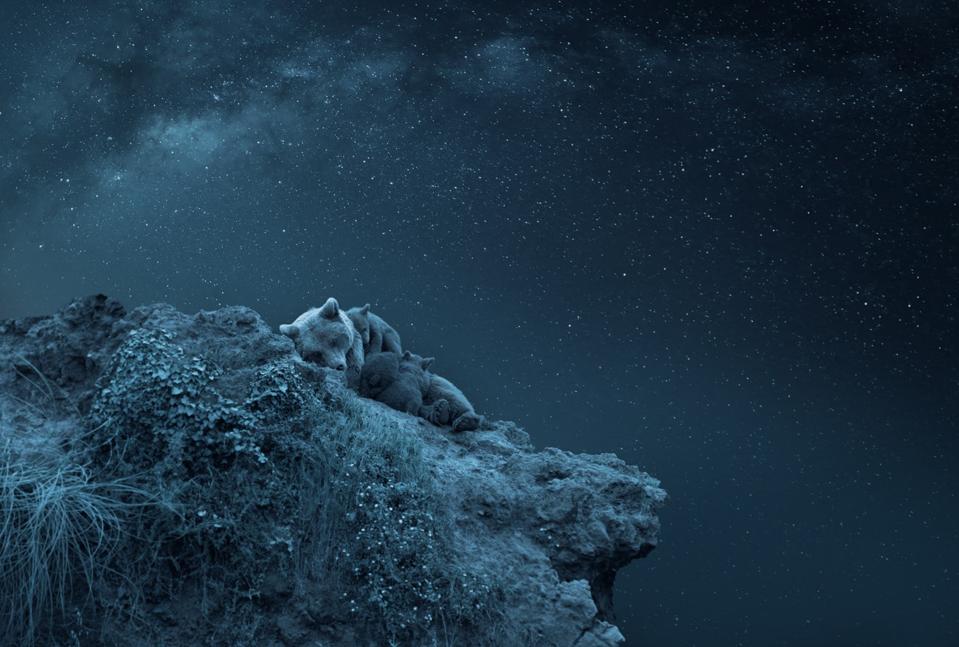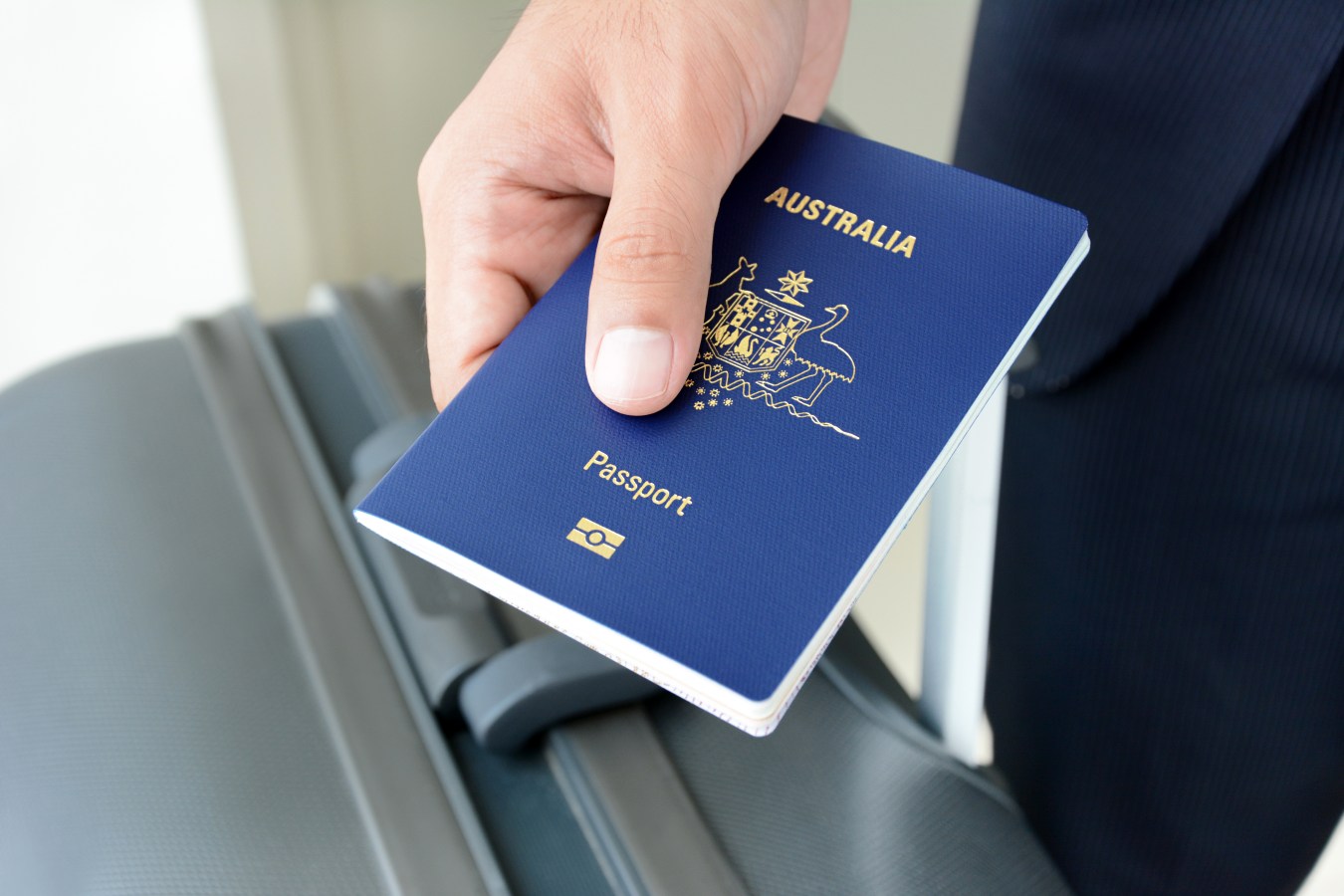Microsoft fired the opening salvo of Big Tech’s generative AI arms race Tuesday with an announcement that it’s applying the technology to its search engine and web browser.

“It’s a new day in search,” CEO Satya Nadella said at an event at the company’s Redmond, Washington headquarters.
“The race starts today… We’re going to move fast.”
In a keynote presentation featuring remarks from both Nadella and OpenAI CEO Sam Altman, Microsoft said it had collaborated with OpenAI to set up Bing on a new large language model it claims is even more powerful than ChatGPT.
The refreshed Bing provides a box with annotated AI answers to the right side of traditional search results.
Users can also click on a new “Chat” tab which will replace the webpage with a chat interface similar to ChatGPT. The tech giant demoed example use cases, like generating customised meal plans and an itinerary of travel recommendations. Altman said Bing’s model takes key learnings from OpenAI’s ChatGPT and GPT-3.5 to create something “faster and more capable.”
“We’re starting with how to reshape the largest software category on planet earth: search,” Nadella said. That’s a direct challenge to Google, which currently dominates the search market. If Microsoft plays it well, the new AI integrations “could result in major share shifts away from Google” to Bing, which currently captures just 9% of the search market, Wedbush tech analysts Dan Ives and John Katsingris said in a report.

In addition, Microsoft unveiled a new version of its internet browser Edge that embeds Bing into the top right corner of its toolbar. On a webpage of a long document, like a company’s quarterly earnings report, a user can prompt Bing to summarize the information or compare it to the earnings of a competitor. On a social media site, a consumer can even prompt Bing to generate a draft of a post.
The announcements, which have been dubbed the ‘Google killer’ in tech circles, come as a cabal of AI products have found mainstream success, headlined by OpenAI. Microsoft’s partnership has come to the tune of at least US$1 billion invested already into OpenAI, and a reported further US$10 billion investment commitment that values the San Francisco-based company at US$29 billion.
Some startups, such as Neeva and You.com, have launched products that aim to compete with existing search offerings. And in a presentation slide, Microsoft identified OpenAI’s ChatGPT, Jasper, Stability AI, Chatsonic and Anthropic as leaders in the field. “Fortunately at Microsoft, we are not starting from scratch,” a company staffer said onstage.
“I think that this technology is going to reshape pretty much every software category.”
Satya Nadella on its joint generative AI collaboration with OpenAI
Google unveils its answer to ChatGPT – Bard
Microsoft’s announcement is also a direct challenge to Google, which has yet to unveil any generative AI features for its engine.
On Monday, Google debuted a chat service called Bard that appears to be its answer to ChatGPT. Internally, the company has reportedly enacted a “code red” and brought its cofounders Sergey Brin and Larry Page back into the fold.
Related
Forbes broke the news that Brin recently filed his first code request in years. But Google said Bard was still weeks away from a wider release. That gives Microsoft a strong head start. The company said it was making the new Bing available immediately in a limited preview and plans for its full version to “expand to millions of people” in the coming weeks.
“I think that this technology is going to reshape pretty much every software category,” Nadella said at the press announcement. He compared it to past pillars of technology like search, mobile and cloud, but said that even more than those paradigm shifts, AI is the closest the sector has come to a “Mosaic moment,” which introduced the web browser to the world.
In a previous exclusive interview with Forbes, Altman suggested that technology such as the new Bing is mere table stakes compared to his vision for the tech. “The stuff that I’m excited about for these models is that it’s not like, ‘Oh, how do you replace the experience of going on the web and typing in a search query,’ but, ‘What do we do that is totally different and way cooler?’” he said.
This article was first published on Forbes.com



